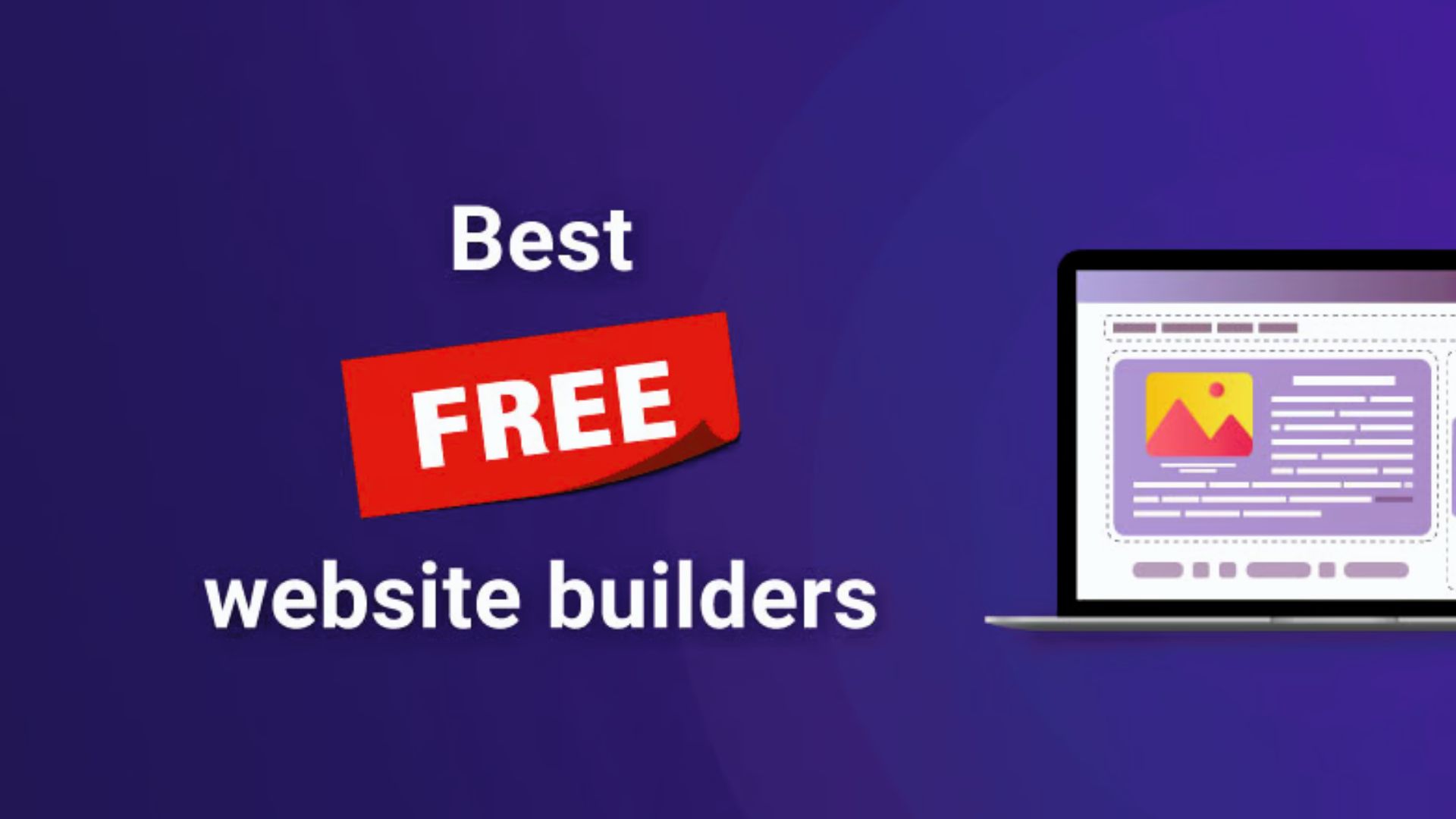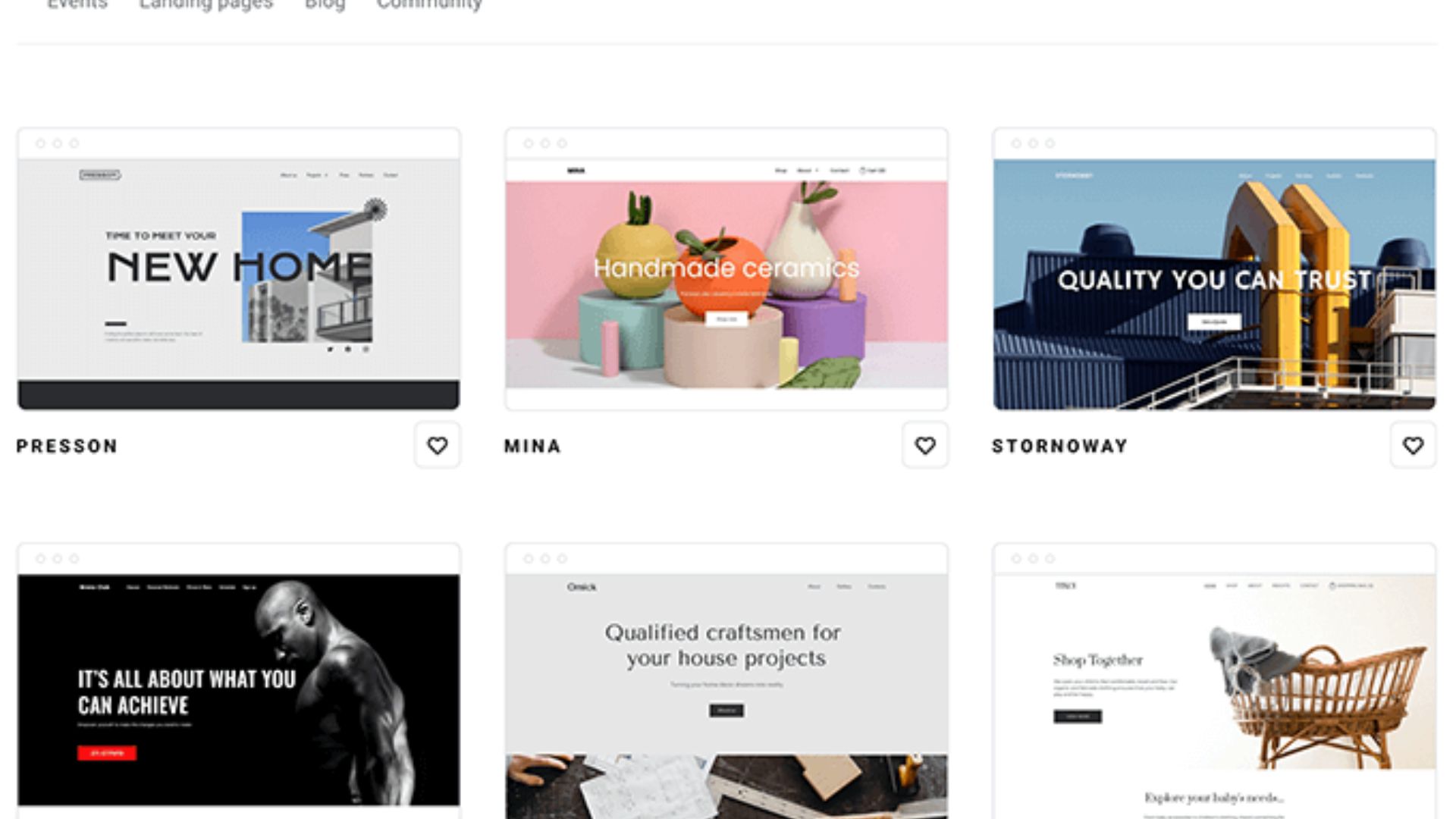Using a website accessibility plugin can have significant benefits for inclusive design and the overall user experience. Here are some key advantages of implementing a website accessibility plugin:
- Improved Accessibility: Accessibility plugins help make websites more accessible to individuals with disabilities, ensuring they can navigate, understand, and interact with the content effectively. These plugins typically provide features such as text-to-speech functionality, screen reader compatibility, keyboard navigation options, and adjustable font sizes and color contrasts. By incorporating these features, websites become more inclusive and accessible to all users.
- Compliance with Accessibility Standards: Accessibility plugins often have built-in features that align with recognized accessibility standards, such as the Web Content Accessibility Guidelines (WCAG). By utilizing these plugins, websites have a better chance of meeting compliance requirements and ensuring equal access to information for individuals with disabilities. This can help businesses avoid legal implications related to accessibility non-compliance.
- Enhanced User Experience: An accessible website is not only beneficial for individuals with disabilities but also for all users. The features provided by accessibility plugins help improve the overall user experience by offering options for customization, readability, and ease of navigation. Users can personalize their experience based on their preferences, resulting in a more positive and enjoyable interaction with the website.
- Expanded User Base: By implementing accessibility plugins, websites can reach a broader audience, including individuals with disabilities who may have otherwise struggled to access or engage with the content. This expanded user base can lead to increased website traffic, engagement, and potentially new customers or clients.
- Brand Reputation and Social Responsibility: Prioritizing accessibility through the use of accessibility plugins demonstrates a commitment to inclusivity and social responsibility. This can enhance a brand’s reputation, as users appreciate companies that value diversity and prioritize equal access to information and services. Users are more likely to support and recommend businesses that prioritize accessibility and inclusivity.
- SEO and Search Ranking: Implementing accessibility features, such as alternative text descriptions for images or proper heading structures, can also have a positive impact on search engine optimization (SEO). Search engines value accessible websites and may reward them with better search rankings, leading to increased visibility and organic traffic.
It is important to note that while accessibility plugins can greatly improve inclusivity, they should be used as part of a wider accessibility strategy. Websites should also be developed with accessibility in mind from the start, following best practices and guidelines, and ensuring that content is accessible even without plugins.
In conclusion, implementing a website accessibility plugin is beneficial for inclusive design, improving accessibility, compliance, and the overall user experience. By making websites accessible to individuals with disabilities, businesses can expand their user base, enhance their brand’s reputation, and demonstrate social responsibility while achieving compliance and offering a more inclusive online experience.










